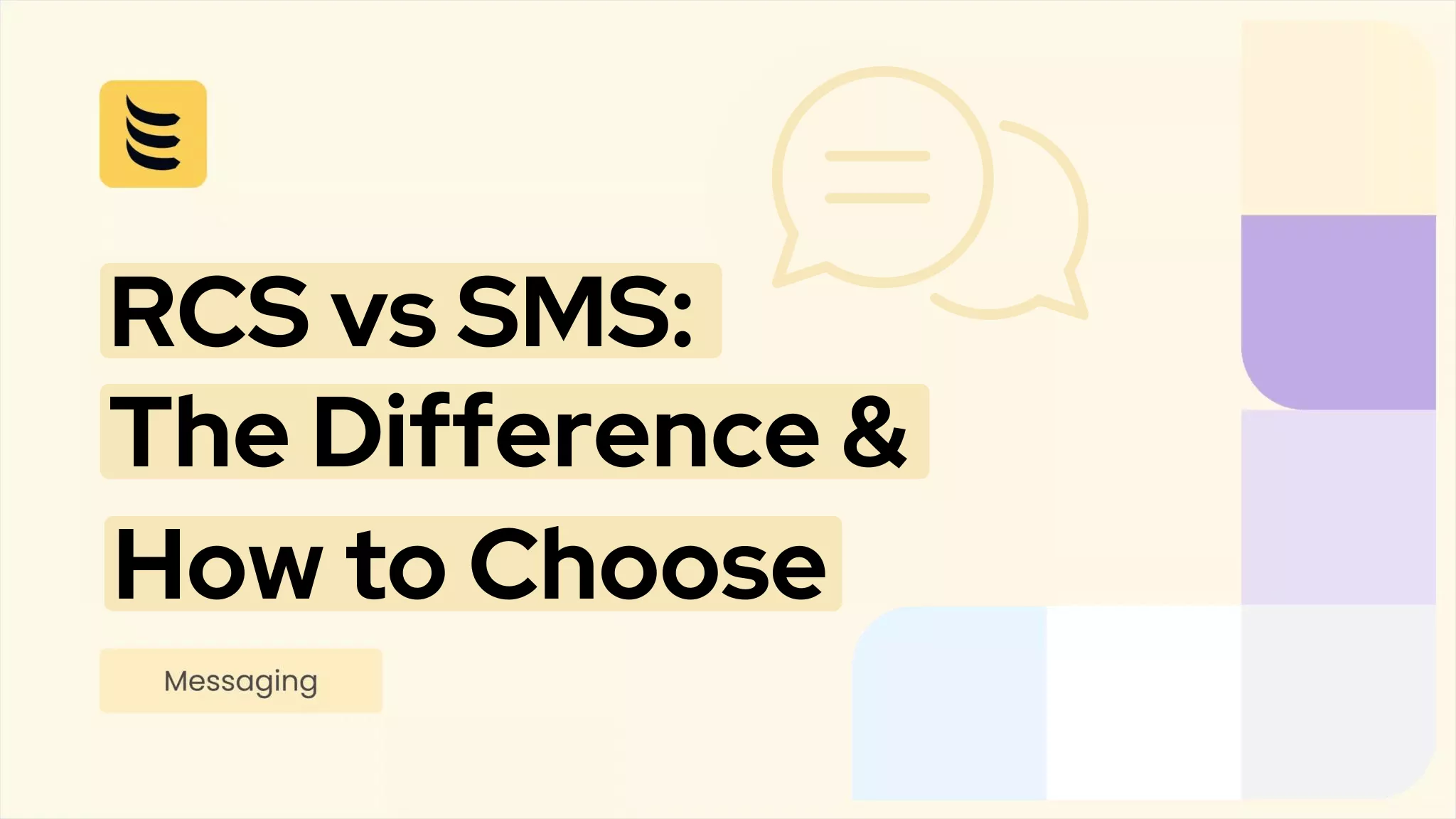Wholesale voice termination has become a key part of the telecommunications landscape over the past decade and is set to become more so as mainstream suppliers such as BT switch over to an entirely IP-based network for voice calls.
Using VoIP technology, users can enjoy low-cost voice communication via the internet to anywhere in the world. Millions of businesses are switching to VoIP services each year and it’s particularly attractive to call centres and other organisations that have to make large numbers of calls. If your business involves calling overseas on a regular basis then it can help to cut costs too.
There’s a good deal of competition between providers in the VoIP termination market and that works to clients’ advantage. Don’t just buy on price, however, look at the services and options available and take some time to select the best package in the context of your business’ telecoms usage.
Let’s have a look at some of the key advantage VoIP can offer.
Voice termination flexibility
In addition to helping you save on costs, switching to VoIP also delivers substantial benefits in terms of flexibility. It’s easy to expand your call capacity quickly without the lead times and capital costs associated with adding ISDN lines or installing a more powerful PABX. Because there’s no need to upgrade to a different system, there’s no requirement to retrain staff; they can continue with the system with which they are familiar.
This means that VoIP is ideally suited to growing businesses or those that are required to cope with large seasonal variations in demand. You can run your telephone service entirely from the cloud, so there’s no need for hardware on site – with associated savings in power and maintenance costs. This, again, adds flexibility because it allows you to make changes to voice mail, call menus, DDI numbers and so forth from a web portal.
Using VoIP termination means that your staff are not tied to the office. They can access your business phone system from anywhere, whether they are on a mobile or working from home. This means that calls still appear to come from your business number wherever they are made from. It also means that incoming calls can be easily diverted to the appropriate person wherever they are, without any need for the caller to redial.
All of this additional flexibility serves to make your business more efficient and therefore more productive. It also allows you to offer a better work/life balance to your staff.
Size doesn’t matter
Another key advantage of VoIP termination is that you can benefit from it whatever the size of your business. While the cost savings benefit large call centres, they can be of significant value to smaller companies too.
If you’re a startup or small business, call costs can take a significant slice of your budget, so anything you can do to make savings is worthwhile. And remember that using VoIP means you will save on setup and maintenance costs too, in addition to being able to respond faster to requests for change.
Using a cloud-based telephone system can help smaller organisations to compete on more of an equal footing with their larger competitors. You can have the benefits of features such as voicemail and menu systems for incoming calls that would previously have been the preserve of expensive systems in large companies. Having access to a range of sophisticated features like this can make a small company appear to be a far larger one when people call in.
Because management of the system is user-friendly, there is minimal time and effort spent in administering it. A VoIP system can be tailored by your supplier to meet your specific requirements from the outset, and any changes are easy to make – often without the need to call in expert help.
Choosing a supplier
One of the greatest draws for people when moving to VoIP is the potential savings on call costs. These are possible because, unlike PSTN systems which effectively rent a fixed route between two locations, VoIP providers can constantly switch routes to find the most efficient and cheapest one, in addition to which the internet element of the call route further reduces costs in comparison with traditional PSTN routing. Of course, these routes are dynamic and you will need a reputable supplier such as IDT with access to the best rates around the world in order to maximise your savings.
In looking at VoIP suppliers you will also need to consider the levels of service they provide and what support and training they will offer you to get the system up and running. Large firms are not necessarily better than smaller ones at this, so talk to existing customers if you can and look at independent reviews before deciding on a supplier.




